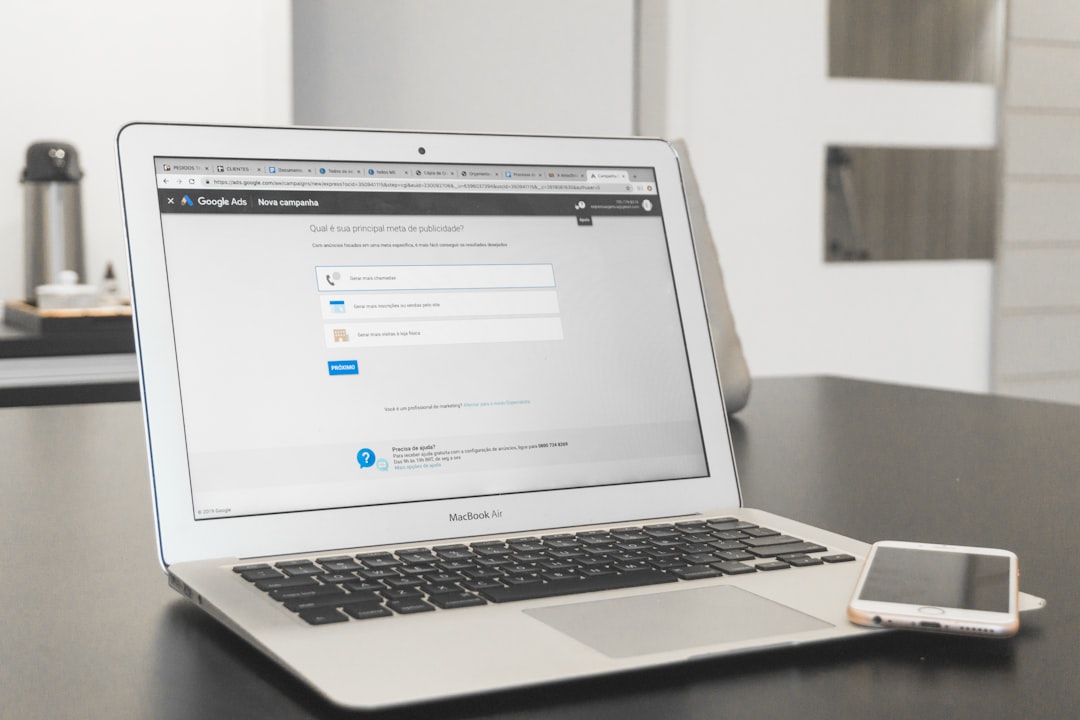In today’s fast-paced and technology-driven work environment, organizations are continuously seeking ways to enhance employee efficiency, skill development, and overall company performance. One of the most effective tools to achieve these goals is a Learning Management System (LMS) specifically tailored for employees. An Employee Learning Management System is a digital platform that facilitates training and professional development by delivering content, tracking learning progress, and evaluating competency. In the dynamic U.S. job market, where upskilling is becoming essential, LMS platforms have emerged as a cornerstone of workforce development.
What is an Employee LMS?
An Employee Learning Management System, often abbreviated as LMS, is software designed to manage, deliver, and measure an organization’s training programs. It provides a centralized hub where employees can access training materials, attend courses, complete certifications, and keep track of their learning journeys. Unlike conventional classroom training, LMS solutions offer scalability, customization, and data analytics — all of which are critical in today’s data-oriented corporate world.

Benefits of Using an LMS for Employee Training
Integrating an LMS into the workplace offers a myriad of benefits that go beyond basic training. Below are some of the most significant advantages:
- Cost-Effectiveness: Eliminates the need for in-person training sessions and printed materials.
- Convenience and Flexibility: Employees can complete training at their own pace and on their own schedule.
- Centralized Learning Platform: All training content is stored and managed in one place, simplifying access and updates.
- Performance Tracking: Employers can monitor progress through assessments, quizzes, and analytics dashboards.
- Scalability: Whether onboarding 10 or 10,000 employees, LMS platforms streamline delivery and management of training.
By providing learning opportunities in a structured yet flexible format, an LMS helps employees gain new competencies and adapt to evolving industry requirements, contributing directly to a company’s growth and innovation.
The Importance of Learning in the U.S. Job Market
Workforce trends in the United States indicate a shift towards jobs that require complex problem-solving abilities, technical skills, and continuous learning. According to the U.S. Bureau of Labor Statistics, jobs related to healthcare, technology, and environmental management are among the fastest-growing sectors, all of which demand formal training and certification. In this context, companies that invest in employee learning gain a competitive edge in attracting and retaining talent.
Furthermore, today’s employees — particularly millennials and Gen Z workers — place a high value on professional development. Organizations that use an LMS not only improve employee performance and engagement but also demonstrate a commitment to individual growth, which increasingly is a factor in employee retention.
Features of a Modern Employee LMS
When selecting an LMS, organizations should look for a set of robust features that address their specific learning and development goals. A few essential features include:
- User-Friendly Interface: The platform should be intuitive and accessible on desktop and mobile devices.
- Customizable Learning Paths: Allows managers to tailor content based on job roles, departments, or skill levels.
- Gamification Features: Leaderboards, badges, and rewards make learning more interactive and enjoyable.
- Integration Capabilities: Should seamlessly integrate with other HR tools like performance management systems.
- Compliance Tracking: Ensures employees meet mandatory training requirements for health, safety, or industry regulations.
Modern LMS platforms also incorporate Artificial Intelligence (AI) to personalize learning experiences, recommend next steps, and even predict learning outcomes based on user data. This level of sophistication is especially valuable for large enterprises managing hundreds of training modules.

Use Cases Across Different Industries
An Employee LMS is highly versatile and can cater to organizations of all sizes and sectors. Below are a few examples:
- Healthcare: Train nurses and medical personnel in updated protocols, HIPAA compliance, and soft skills like empathy.
- Retail: Provide continuous learning on customer service, product knowledge, and operational procedures.
- Tech: Deliver coding bootcamps, cybersecurity guidelines, and certifications in the latest software tools.
- Manufacturing: Educate workers on safety procedures, machine operations, and quality assurance.
- Education: Offer teachers and staff training on digital tools, teaching methodologies, and professional development credits.
Owing to this adaptability, more companies across the U.S. are adopting LMS platforms as a long-term strategy for workforce readiness and operational excellence.
Challenges and Considerations
Despite the advantages, implementing an LMS also presents certain challenges. These include the cost of the platform, employee resistance to adopting new systems, and the need for consistent content updates. However, these challenges can be mitigated by choosing the right vendor, obtaining stakeholder buy-in, and providing adequate training on how to use the system effectively.
Moreover, aligning LMS content with business goals ensures that the platform delivers measurable ROI. Regular assessments, feedback loops, and KPIs help companies fine-tune their LMS initiatives for maximum impact.
Future Outlook: The Evolution of LMS
As remote work and hybrid models become commonplace, the role of LMS platforms is expanding. In the future, LMS tools are expected to incorporate more immersive technologies such as augmented reality (AR) and virtual reality (VR) for hands-on training experiences. They’ll also integrate real-time feedback systems and advanced analytics to create increasingly adaptive and effective learning environments.
Investing in a scalable and feature-rich LMS is no longer optional; it is a strategic necessity in the modern U.S. job market. Businesses that prioritize employee learning can expect not only enhanced performance but also improved retention, better compliance, and a workforce that’s agile enough to meet tomorrow’s demands.
FAQs
-
What is an Employee LMS?
An Employee LMS is a software solution that allows organizations to manage and deliver training to their workforce in a centralized and trackable way. -
How does an LMS improve employee performance?
By offering continuous training, skill upgrades, and performance assessments, an LMS enables employees to perform better and more efficiently in their roles. -
Is an LMS suitable for small businesses?
Yes, there are scalable LMS solutions available that are specifically designed for small and medium-sized businesses. -
Can an LMS be accessed on mobile devices?
Most modern LMS platforms are mobile-friendly, allowing employees to learn on-the-go using smartphones or tablets. -
What industries benefit most from using an LMS?
Industries like healthcare, retail, technology, manufacturing, and education benefit significantly from adopting an LMS.

